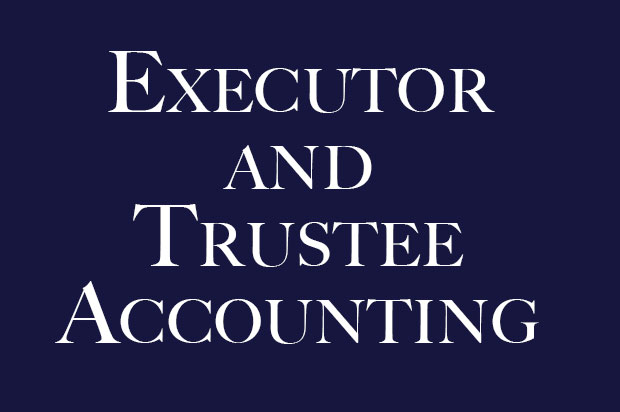All About Estate and Trust Taxes in New York
Welcome to Morgan Legal Group P.C., your trusted resource for in-depth knowledge on Estate and Trust Taxes in the dynamic state of New York. In this comprehensive guide, we will provide you with a thorough understanding of estate and trust taxation, the implications of tax laws, effective tax planning strategies, exemptions, and expert legal advice to ensure you navigate the complexities of estate and trust taxes successfully.
Estate Tax in New York
New York imposes an estate tax on estates with a value exceeding a certain threshold. It’s crucial to understand the state’s estate tax laws, exemptions, and rates to effectively plan for your estate’s tax obligations.
Estate Tax Exemptions
As of [current year], the estate tax exemption in New York is [current exemption amount]. Estates valued below this threshold are not subject to estate tax. Our experienced attorneys can help you leverage these exemptions to minimize your estate tax liability.
Effective Tax Planning Strategies
Our legal team can assist you in developing strategic tax planning techniques:
- Gift Tax Planning: Strategically gifting assets during your lifetime to reduce your estate’s value.
- Irrevocable Life Insurance Trusts (ILITs): Ensuring life insurance proceeds are exempt from estate tax.
- Charitable Trusts: Establishing trusts that benefit both your favorite charities and your estate.
- Qualified Personal Residence Trusts (QPRTs): Transferring your primary residence at a reduced value for estate tax purposes.
Trust Tax in New York
Trust taxation is a complex area that requires careful consideration. Different types of trusts have varying tax implications, and it’s essential to structure your trusts in a tax-efficient manner.
Income Taxation of Trusts
Understanding how different types of trusts are taxed for income is vital:
- Revocable Living Trusts: Income is typically reported on the grantor’s personal income tax return.
- Irrevocable Trusts: Income is taxed at the trust level, and complex rules apply.
- Charitable Trusts: Charitable remainder trusts and charitable lead trusts have specific income tax implications.
Minimizing Trust Tax Liabilities
Our legal experts can help you minimize trust tax liabilities:
- Strategic Distribution Planning: Timing distributions to beneficiaries to optimize tax efficiency.
- Investment Management: Structuring trust investments to reduce taxable income.
- Trustee Selection: Choosing a knowledgeable trustee who can navigate complex tax regulations.
Expert Guidance from Morgan Legal Group P.C.
Our experienced attorneys specialize in estate and trust tax matters:
- Personalized Strategies: Tailoring tax strategies to your unique financial situation.
- Compliance Assistance: Ensuring compliance with ever-changing tax laws.
- Legal Document Drafting: Crafting documents that align with your tax goals.
- Contingency Planning: Preparing for potential changes in tax legislation.
Contact Us for Expert Tax Guidance
If you’re seeking expert guidance on estate and trust taxes in New York, Morgan Legal Group P.C. is here to assist you. Contact us today to schedule a consultation and ensure your estate and trusts are optimized for tax efficiency.




















